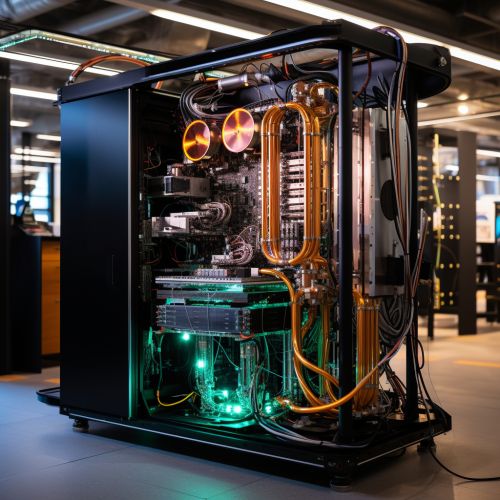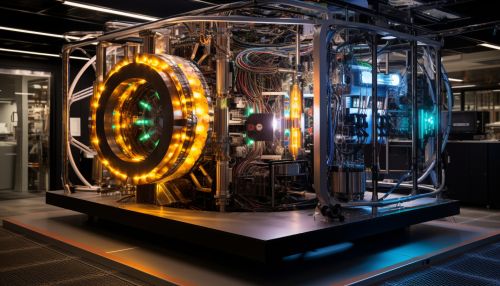The Role of Quantum Computing in Chemical Simulations
Introduction
Quantum computing is a rapidly evolving field that leverages the principles of quantum mechanics to process information. The potential of quantum computers to perform complex calculations at speeds far surpassing those of classical computers has significant implications for many fields, including chemical simulations. This article delves into the role of quantum computing in chemical simulations, exploring the potential benefits, challenges, and future prospects.


Quantum Computing: An Overview
Quantum computing operates on the principles of quantum mechanics, a branch of physics that describes the behavior of particles at the atomic and subatomic levels. Unlike classical computers that use bits to process information, quantum computers use quantum bits, or qubits. Qubits can exist in multiple states simultaneously, a phenomenon known as superposition. Additionally, qubits can be entangled, a property known as quantum entanglement, which allows for the instantaneous sharing of information regardless of distance.
Quantum Computing in Chemical Simulations
Chemical simulations are computational models used to predict the properties and behaviors of chemical systems. Traditionally, these simulations have been performed using classical computers. However, the complexity of chemical systems often makes these simulations computationally intensive and time-consuming. Quantum computing has the potential to revolutionize chemical simulations by providing a more efficient and accurate means of performing these calculations.
Potential Benefits
One of the primary benefits of using quantum computing in chemical simulations is its potential to perform calculations that are currently infeasible with classical computers. For example, quantum computers could potentially model complex chemical reactions, predict the properties of new materials, and simulate the behavior of large biological molecules.
Another potential benefit is the increased accuracy of simulations. Quantum mechanics is the fundamental theory that describes the behavior of atoms and molecules. Therefore, using quantum computers to simulate chemical systems could provide a more accurate representation of these systems than classical simulations.
Challenges and Limitations
Despite the potential benefits, there are several challenges and limitations associated with using quantum computing in chemical simulations. One of the primary challenges is the current lack of large-scale, fault-tolerant quantum computers. Most quantum computers currently in existence are small-scale and prone to errors, limiting their practical use in chemical simulations.
Another challenge is the development of efficient quantum algorithms for chemical simulations. While some algorithms have been developed, there is still much work to be done in this area.
Future Prospects
The field of quantum computing is still in its early stages, and much research is being conducted to overcome the challenges associated with its use in chemical simulations. As technology advances and more efficient quantum algorithms are developed, the use of quantum computing in chemical simulations is expected to become more prevalent.
In the future, quantum computing could potentially revolutionize many areas of chemistry, including drug discovery, materials science, and catalysis. By providing a more efficient and accurate means of simulating chemical systems, quantum computing could lead to the discovery of new materials, the development of more effective drugs, and a deeper understanding of complex chemical reactions.
